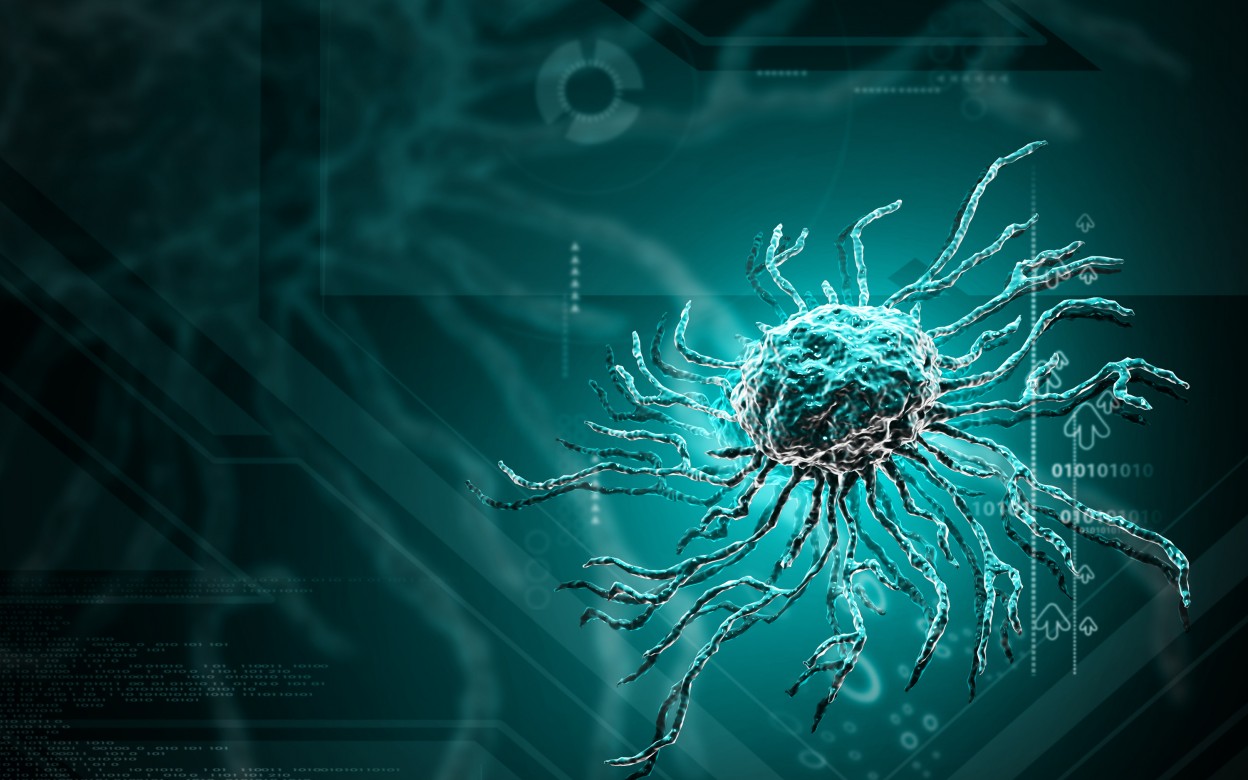aHUS and Cancer

People with atypical hemolytic uremic syndrome (aHUS) usually have a genetic predisposition for disorders of the complement system. However, aHUS usually develops only following a triggering factor such as an infection, pregnancy, certain medications, or cancer.
Following is more information about the relationship between aHUS and cancer.
The complement system in aHUS
The complement system is a series of different proteins that play a role in the immune system. These proteins usually become active in the presence of foreign invaders in the body such as viruses or bacteria. They work together to activate the immune system, which destroys the invaders. The complement system usually is kept in check by complement regulatory proteins (CRPs), which ensure it does not target the body’s own cells.
In aHUS, the regulatory system does not work properly. When the complement system becomes activated, endothelial cells — those lining the blood vessels — become damaged. This leads to a condition called thrombotic microangiopathy (TMA) in affected blood vessels. This leads to low levels of platelets (thrombocytopenia), the breakage of red blood cells when they attempt to squeeze past the clots (hemolytic anemia), and damage to the kidneys. These three symptoms, along with the exclusion of other related conditions, are used to diagnose aHUS.
The connection between aHUS and cancer
The exact link between aHUS and cancer is not clear. However, researchers think that cancerous cells cause activation of certain parts of the complement pathway in order to have new blood vessels grow to feed the tumor. Certain types of cancer also produce thrombin, a molecule that can activate the complement system. The extra activation of the complement pathway may lead to aHUS in some people, especially if they already have a genetic predisposition due to genetic mutations that control the regulatory proteins. Research also has shown that up to 90% of cancer-related aHUS cases involve cancer that has spread (metastatic).
Some patients may experience aHUS symptoms due to cancer treatments. These, including chemotherapy and anti-vascular endothelial growth factor (anti-VEGF) — a treatment used to halt the formation of new blood vessels — may induce TMA that can lead to aHUS.
Treatment options
In most cases of cancer-related aHUS, cancer needs to be treated first. Treatment usually consists of chemotherapy or hormone therapy, while plasma exchange can treat aHUS symptoms.
A study that looked at medical records of aHUS in cancer patients found that those with gastric (stomach), breast, and lung cancer tended to survive longer when they received chemotherapy or hormone therapy. For patients with prostate cancer, however, 14 of 16 patients had a good response to plasma exchange.
Researchers have not studied the effectiveness of Soliris (eculizumab) in cancer-related aHUS, although the treatment is effective in many forms of aHUS. However, some evidence does support its potential use in particular instances. One study involving a patient with prostate cancer showed improvement in aHUS symptoms with Soliris treatment before prostate cancer treatment began.
Last updated: Feb. 9, 2021
***
aHUS News is strictly a news and information website about the disease. It does not provide medical advice, diagnosis, or treatment. This content is not intended to be a substitute for professional medical advice, diagnosis, or treatment. Always seek the advice of your physician or other qualified health provider with any questions you may have regarding a medical condition. Never disregard professional medical advice or delay in seeking it because of something you have read on this website.






